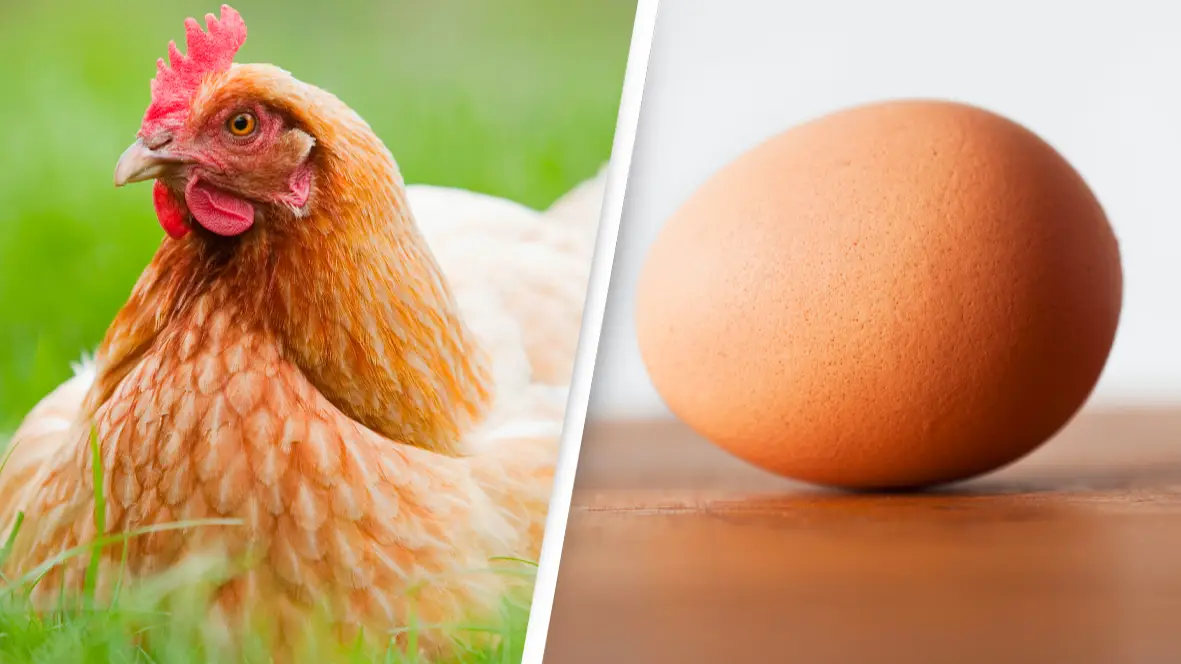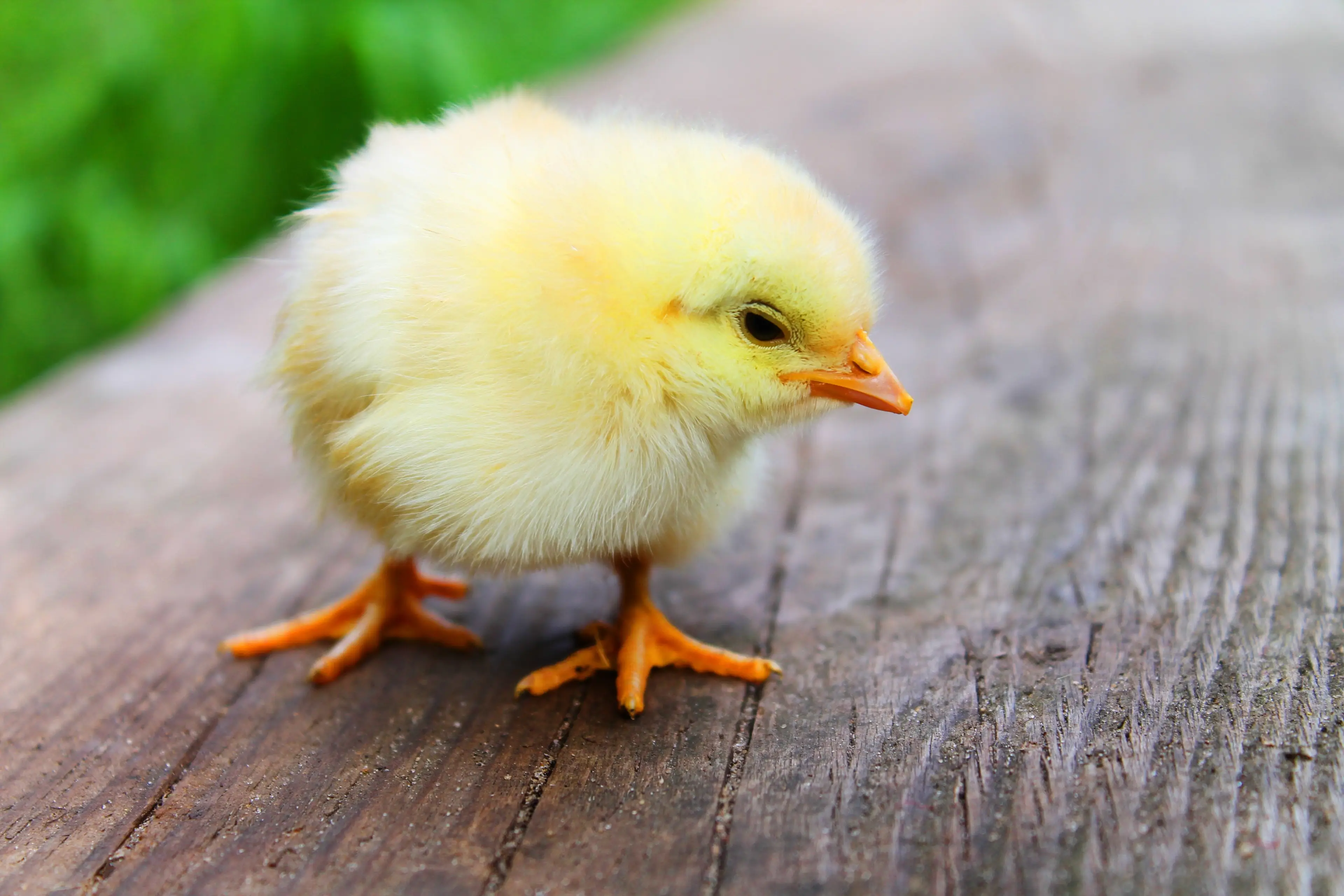
Scientists have cracked it - they finally reckon they know what came first out of the chicken and the egg.
It's a question we've all debated, from school kids to professors, from chickens to eggs.
After many, many years of our heads being scrambled by the conundrum, a team at the UK's University of Bristol's School of Earth Sciences have managed to serve up a result.
So, recent ideas would suggest eggs were being laid by dinosaur ancestors of chickens literally millions of years ago - way before chickens had even evolved.
Advert
However, these scientists have now found that the chicken's earliest reptilian ancestors (which come even longer ago, before dinosaurs were a thing) might not have actually laid eggs.
Certainly way more profound than the chicken and the egg debates we were having on the school yard!

The study, published in Nature Ecology & Evolution, saw the team of scientists take 51 fossil species and 29 living species, and split them into two categories for examination: oviparous (laying hard or soft shelled eggs) and viviparous (giving birth to live young - like us humans do).
It's said that these early reptilian ancestors of chickens were viviparous - they gave birth to live animals and didn't lay eggs.
Both the teams at Bristol and Nanjing University in China say that while animals laying hard-shelled eggs have been one of the greatest innovations, this new research is particularly noteworthy.
They say that their research implies extended embryo retention (when the mother retains their young before birthing) was the ultimate protection for this group of animals in particular - so basically, way back then, birthing a live chicken was safer than laying an egg.
And in far more sciencey terms than that, Professor Michael Benton, from the University of Bristol, said: "Before the amniotes, the first tetrapods to evolve limbs from fishy fins were broadly amphibious in habits.
"They had to live in or near water to feed and breed, as in modern amphibians such as frogs and salamanders.
"When the amniotes came on the scene 320 million years ago, they were able to break away from the water by evolving waterproof skin and other ways to control water loss. But the amniotic egg was the key."

He added: "Our work, and that of many others in recent years, has consigned the classic 'reptile egg' model of the textbooks to the wastebasket."
And project leader, Professor Baoyu Jiang, said: "This standard view has been challenged. Biologists had noticed many lizards and snakes display flexible reproductive strategy across oviparity and viviparity.
"Sometimes, closely related species show both behaviours, and it turns out that live-bearing lizards can flip back to laying eggs much more easily than had been assumed."
So it seems the debate could be cracked after all, or at least chipped, as these scientists have dipped in to say it really, scientifically, could be the chicken that came first - but they're still both tasty to eat.